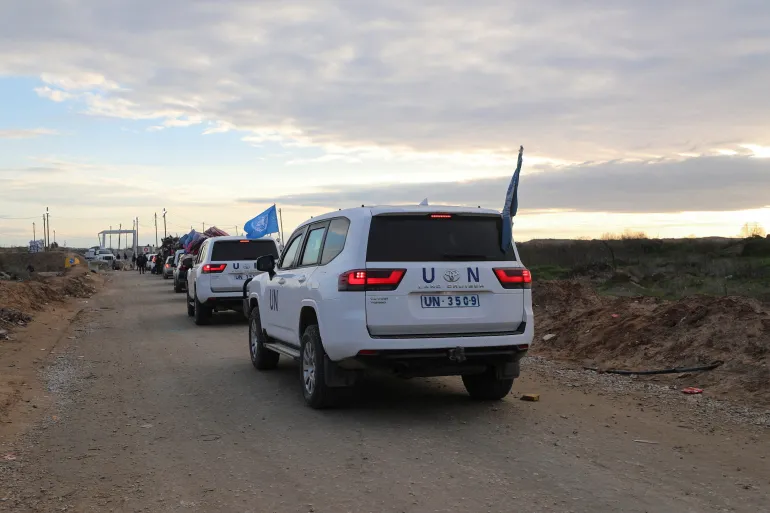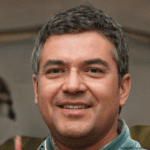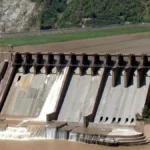The Call for a Protective Force in Occupied Palestine
In recent weeks, the demand for the deployment of an international protective force in Gaza and the West Bank has gained traction from health professionals, Palestinian NGOs, and Arab civilians. With the international community’s reluctance to act, this call to send peacekeepers is not just urgent but a fundamental obligation to prevent the ongoing genocide and war crimes Palestinians are facing.
The demand for such intervention is not only moral but firmly grounded in international law. The peacekeeping force would be tasked with protecting Palestinians against the atrocities occurring in Gaza and the West Bank. This force would provide much-needed support to end the occupation, as called for by the UN General Assembly and the International Court of Justice.
The Urgency of Deploying a Protective Force
The situation in Gaza and the West Bank has reached a critical point. Efforts by armed groups in Lebanon and Yemen to intervene have failed to halt the violence, resulting in significant casualties and devastation. Against this backdrop, the call for an international protective force has become a lifeline for the Palestinian people.
This force would serve as a peaceful barrier between Palestinians and their perpetrators, offering the possibility of survival for civilians enduring years of bombardment, siege, and starvation. It presents an alternative to other destructive “solutions,” such as the US’s proposition of deploying its own troops to Gaza, a move that would only serve to escalate the violence and entrench colonial power dynamics.
Overcoming the Challenges of Forming a Protective Force
The creation of a protective force faces several major challenges, particularly political opposition. Deploying peacekeeping forces requires approval from the UN Security Council, where the US has historically used its veto power to block such resolutions, thereby enabling the continuation of violence against Palestinians.
Given the US’s active role in obstructing international measures to protect Palestinians, alternative routes must be pursued. A multilateral approach through the UN General Assembly could offer a path forward, although it would not be binding and still faces heavy opposition from the US.
Despite these hurdles, the call for a protective force remains crucial. Palestinian NGOs and international health workers have proposed a model for a neutral, multinational peacekeeping mission that would focus on shielding Palestinian civilians. This mission would exclude nations complicit in the violence, ensuring that the force’s sole purpose is to protect Palestinian lives and restore humanitarian corridors.
The Path Forward: A Radical Reimagination of Protection
To overcome the political challenges, a radical reimagining of protective forces is needed. This involves pushing for a vote in the UN General Assembly despite US opposition and building new alliances among Global South nations that are uninvolved in the genocide.
Additionally, civil society mobilization must be a key component of this effort. Governments and organizations must work together to establish a neutral, independent protective force free from imperial influence. The deployment of such a force could mark a pivotal moment in the global effort to safeguard Palestinian lives and challenge the current genocidal status quo.
While the obstacles are significant, the alternative—allowing the continued destruction of Palestinian life—is unacceptable. The time to act is now, and a protective force for Palestine is the crucial first step toward ensuring the safety and dignity of the Palestinian people.








